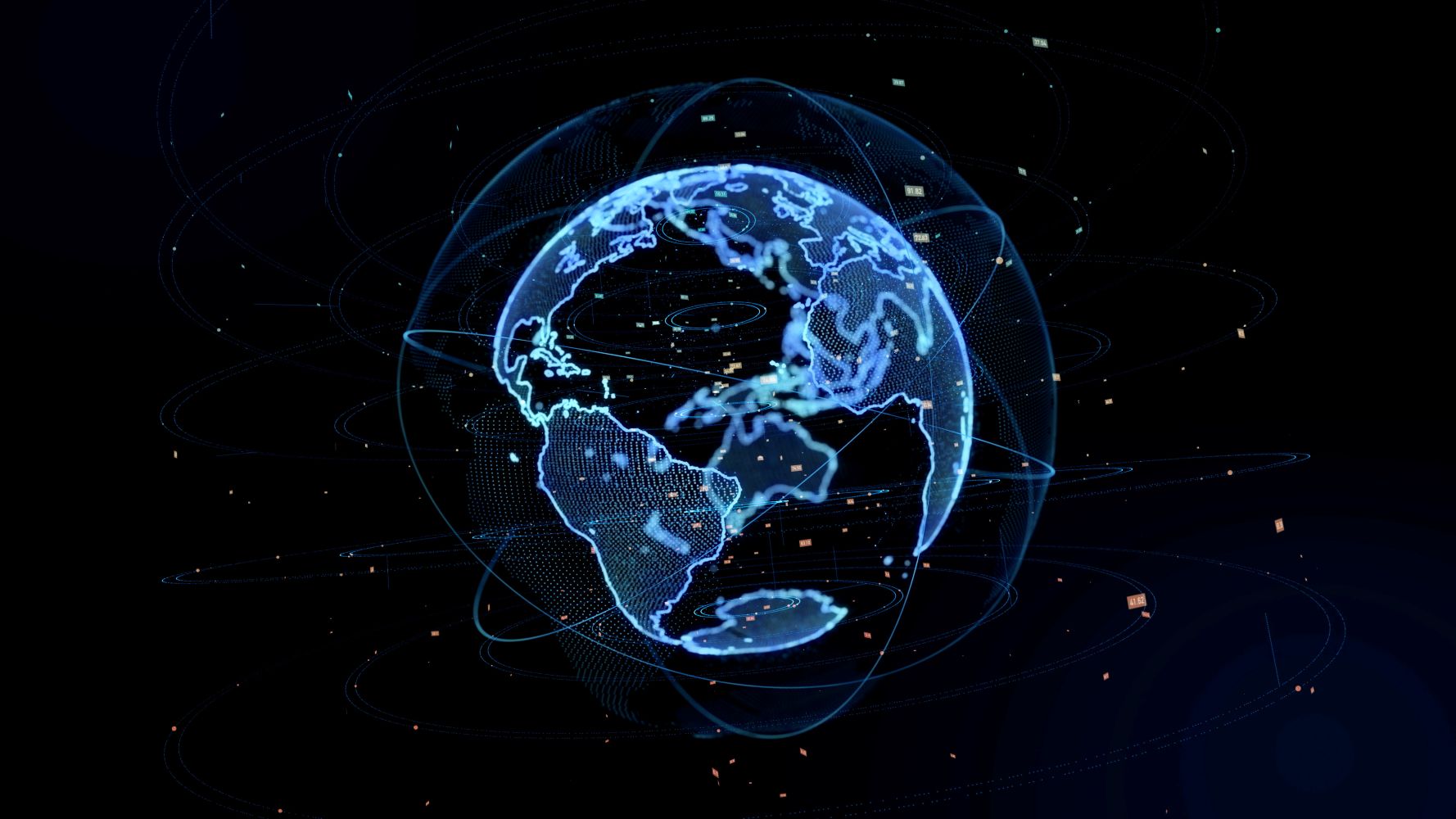n a world where polycrisis has become the new baseline, security is no longer a matter of borders or barricades. It’s a living system, constantly renegotiated between people, technology, and the environment. The challenge isn’t just to weather storms, but to build a new kind of resilience that is anticipatory, adaptive, and, above all, inclusive.
Too often, we treat technology as either a silver bullet or a scapegoat, blamed for social divides, environmental stress, and the velocity of misinformation. Yet, this era demands a shift from seeing innovation as a disruptor, to understanding it as the connective tissue of our next social contract. AI, blockchain, and next-generation networks must be mobilized not to patch holes in old systems, but to reimagine the infrastructure of trust and cooperation at every level.
Diplomacy’s role now extends beyond protocol and statecraft. It must become the architecture for ethical tech governance, convening actors across sectors and borders to set standards, steward data, and ensure that the fruits of innovation are not reserved for the few. The future economy will be measured less by GDP. We need models instead that measure capacity to spread opportunity, foster dignity, and buffer communities against shocks—be they digital, conflict, or climatic.
Above all, technology must become a tool for regeneration. Imagine platforms that predict and heal climate impacts, not just profit from carbon flows. Or economic models that use AI to democratize access to green jobs and lifelong learning. The pathway to security is not isolation, but intelligent interdependence powered by technologies that are transparent, accountable, and aligned with planetary wellbeing.
The story of resilience in the 21st century will be written by those who can fuse foresight, empathy, and engineering—designing systems not just to survive, but to renew the promise of a shared future.


a global affairs media network
Rewiring resilience for an unstable age

Image via Adobe Stock.
September 22, 2025
Security and resilience are no longer about weathering a storm, they are about building anticipatory, adaptive, and inclusive resilience mechanisms. Rewiring resilience requires a new approach to and conception of diplomacy, writes Rui Duarte.
I
n a world where polycrisis has become the new baseline, security is no longer a matter of borders or barricades. It’s a living system, constantly renegotiated between people, technology, and the environment. The challenge isn’t just to weather storms, but to build a new kind of resilience that is anticipatory, adaptive, and, above all, inclusive.
Too often, we treat technology as either a silver bullet or a scapegoat, blamed for social divides, environmental stress, and the velocity of misinformation. Yet, this era demands a shift from seeing innovation as a disruptor, to understanding it as the connective tissue of our next social contract. AI, blockchain, and next-generation networks must be mobilized not to patch holes in old systems, but to reimagine the infrastructure of trust and cooperation at every level.
Diplomacy’s role now extends beyond protocol and statecraft. It must become the architecture for ethical tech governance, convening actors across sectors and borders to set standards, steward data, and ensure that the fruits of innovation are not reserved for the few. The future economy will be measured less by GDP. We need models instead that measure capacity to spread opportunity, foster dignity, and buffer communities against shocks—be they digital, conflict, or climatic.
Above all, technology must become a tool for regeneration. Imagine platforms that predict and heal climate impacts, not just profit from carbon flows. Or economic models that use AI to democratize access to green jobs and lifelong learning. The pathway to security is not isolation, but intelligent interdependence powered by technologies that are transparent, accountable, and aligned with planetary wellbeing.
The story of resilience in the 21st century will be written by those who can fuse foresight, empathy, and engineering—designing systems not just to survive, but to renew the promise of a shared future.


